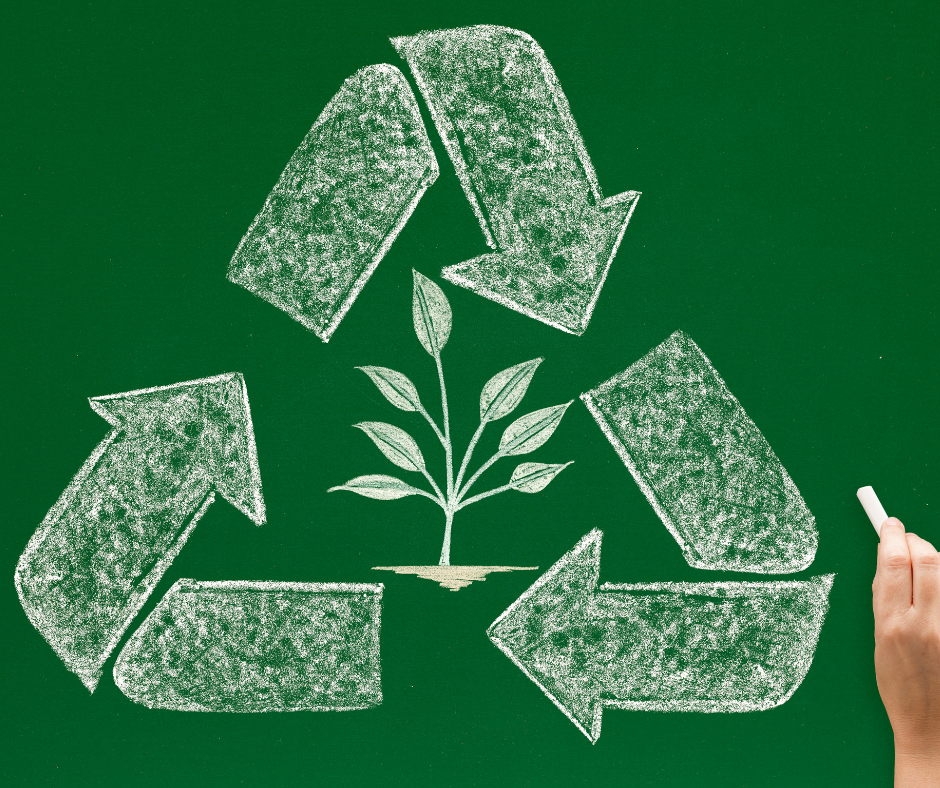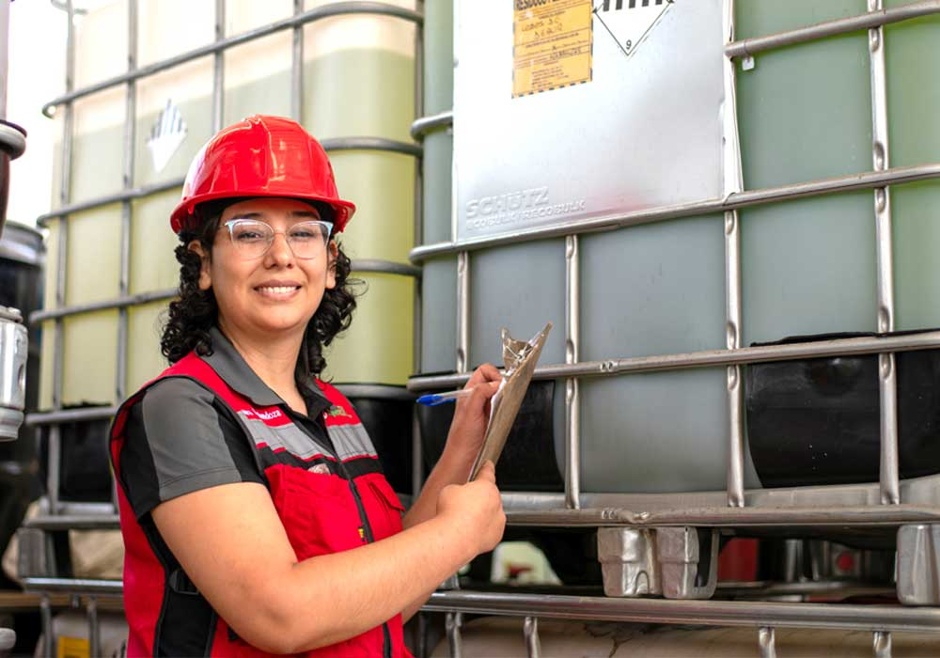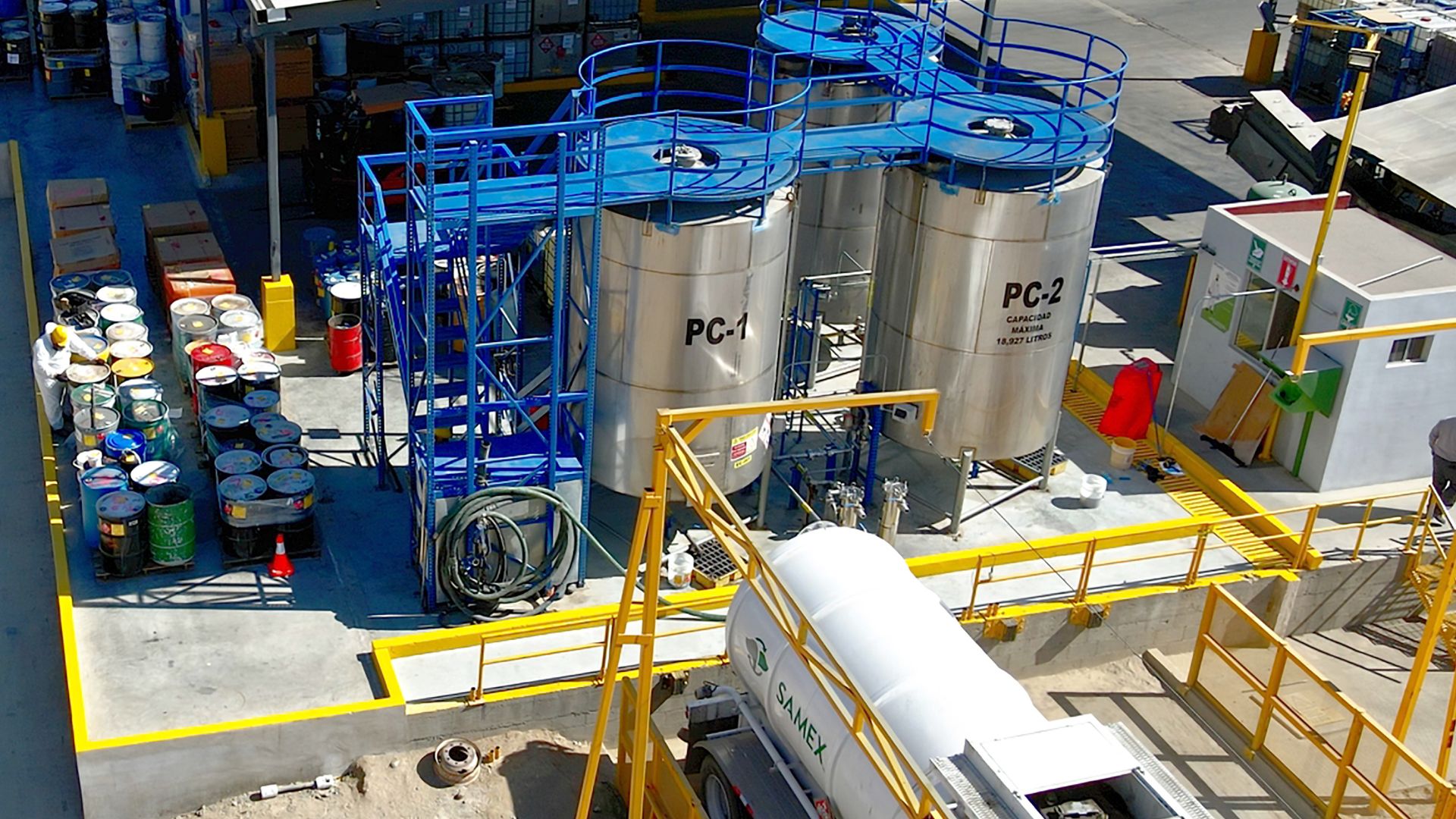3 Sustainable Resources In Manufacturing For Your Business
As businesses look for strategies to balance productivity with environmental responsibility, integrating sustainable resources has become a popular...
3 min read
 Larry Burton
:
May 7, 2024 12:00:00 PM
Larry Burton
:
May 7, 2024 12:00:00 PM

In the ongoing pursuit of sustainable practices, industry plays a pivotal role in redefining how we manage resources.
Closed-loop and open-loop recycling offer distinct approaches to this challenge, yet a better understanding of the differences between them can help businesses and consumers alike make informed decisions that more closely align with their environmental stewardship.
Open-loop recycling is a process across many industries where materials are recycled into products different from the original material. In this process, the recycled materials are not reused for the same purpose or in the same form as the original material. Instead, they are transformed into new products that may have different properties or characteristics.
original material. In this process, the recycled materials are not reused for the same purpose or in the same form as the original material. Instead, they are transformed into new products that may have different properties or characteristics.
Fuel blending is an example of open loop recycling. Fuel blending creates an alternative fuel from hazardous waste and is a best practice for waste that has no other purpose. The process combines different types of fuels or additives to achieve specific performance, environmental or economic objectives. This process is often employed in industries like automotive, aviation and energy production.
Another example of this occurs when plastic bottles are recycled into lower-grade plastic products such as plastic lumber or carpet fibers, rather than being recycled into new plastic bottles. Paper products may be downcycled into lower-grade paper products or cardboard instead of being recycled into new paper.
Another example of the open loop system is when aluminum is collected from various industrial sources. The metal is then processed and melted down to produce recycled aluminum ingots or billets. Rather than being reused to make new aluminum products of similar or equal quality, these recycled aluminum materials might be recycled into different products like aluminum foil. They also may be incorporated into other products like automotive parts or building materials.
Closed-loop recycling refers to a recycling process where materials are recycled repeatedly in a "closed loop" without significant loss of value. In a closed-loop system, recycled materials are used to produce new products of similar quality to the original materials, creating a sustainable cycle of resource use.
Industries like steel production, glass container manufacturing, electronics and textiles use closed-loop recycling to produce new similar products that have the same quality and integrity as the original product. Particularly in electronics, closed-loop recycling can help conserve resources, including metals like gold, silver, copper and other rare earth elements that are extracted and reused in the production of new electronic devices.
Closed-loop recycling is a fundamental concept within the framework of the circular economy. The circular economy is an economic system aimed at minimizing waste and making the most of resources by keeping them in use for as long as possible.
Closed-loop recycling contributes to the circular economy in several ways, including resource conservation, waste reduction and energy savings by avoiding virgin material extraction.

It depends on the industry and purpose. Both open loop and closed loop recycling help reduce waste and offer better alternatives than disposing of waste in landfills.
With some types of wastes, closed loop recycling may be the more sustainable choice since the need for extracting new raw materials is reduced, leading to lower carbon emissions, less waste generation and overall better resource management.
Open loop recycling still provides a sustainable option for wastes that have no other purpose and prevents these wastes from be disposed of in landfills. Particularly companies that generate spent solvents and other types of hazardous wastes can benefit from open loop recycling.
Choosing facilities that incorporate elements of an open and closed loop recycling systems not only enhances the sustainability of operations but also aligns with responsible environmental stewardship and long-term business viability.
For example, solvent distillation is a process that meets the circular objective. Solvent distillation involves taking a liquid or vapor mixture of two or more substances and separating it into its component fractions of desired purity.
This process separates the solvents from other substances through the application of heat. The basic principle is to heat a liquid mixture containing solvents, causing the solvent to vaporize. The vapor is then condensed back into a liquid form, resulting in the separation and recovery of the solvent.
At Samex, the still bottoms are transferred to our fuel blending area. Still bottoms are blended with other flammable liquids to meet the specifications of the cement kiln that will use the blend as an alternative fuel source. By utilizing a closed loop process to manage spent solvents, we ensure that everything is used, and nothing is wasted.
To expand the closed loop recycling process, Samex operates a water treatment plant on the same site. After going through the various treatment processes, the result is commercially clean nonhazardous water that is repurposed to brick manufacturing.
Solid byproducts from the treatment process are sent over to the solids fuel blending area and become part of the repurposed waste destined to the cement kiln to be used as an alternative fuel. Zero discharge, and nothing is wasted.
By embracing a “nothing is wasted” approach, companies can incorporate more circular practices in their operations, reducing waste generation, conserving resources and minimizing environmental impact.
.png)
As businesses look for strategies to balance productivity with environmental responsibility, integrating sustainable resources has become a popular...

In industrial operations, a silent but significant risk looms large: flammable materials.

Discover the essential regulations and guidelines for the safe disposal of flammable liquid waste. Understand the importance of proper handling and...